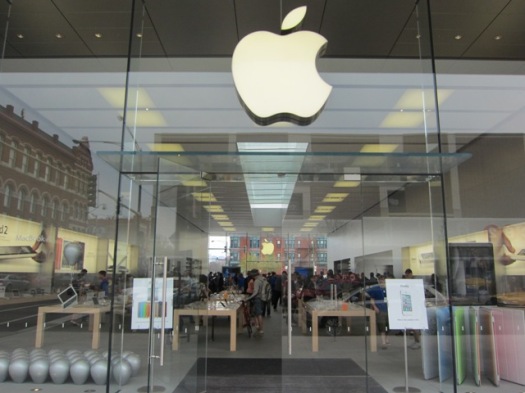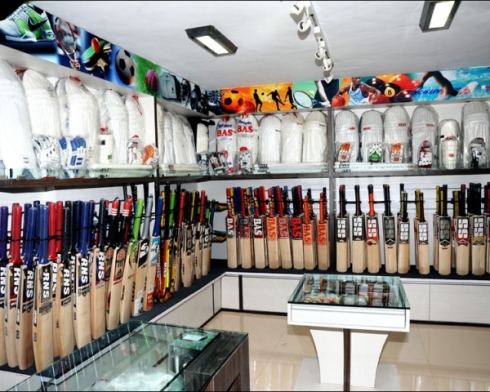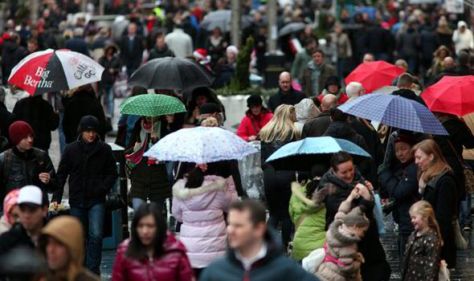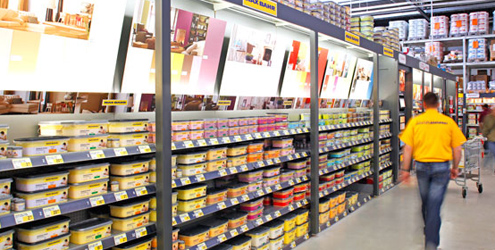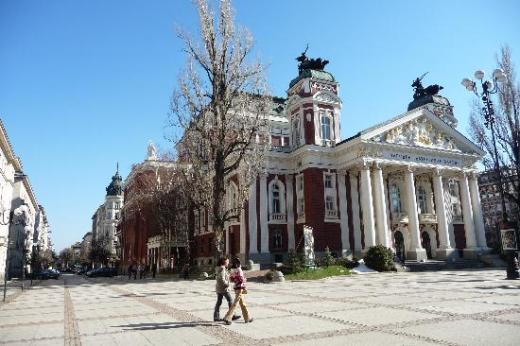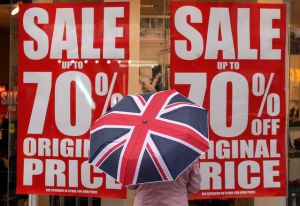The ongoing success of Aldi in the UK is not just based on the way it has taken on the major multiples in terms of price. Their financial performance is impressive enough, with their latest results showing a 30% increase in like for like sales, but this is complemented by recent research studies, such as being voted the most popular brand in the recent YouGov brand index poll or the MMR research study which highlighted shoppers as having a very positive emotional association with Aldi.
Shoppers in the major multiples are being turned off by being overwhelmed with choice, which often leaves them lost and confused. The Aldi proposition, which may not provide the most inspirational in-store environments, is one of simplicity and honesty. This is something that the major multiples need to understand and react to if they want to protect their market shares. In terms of inspiration, although the store layout may not offer much, the store still manages to provide inspiration and excitement by the ever changing WIGIG (when it’s gone it’s gone) offerings. Judging by the items I see in the trolleys and baskets at the checkouts, the amount of unplanned purchases created from this section of the store must be a significant contribution to both the stores financial success and the positive association shoppers have with the brand.
The message is clear and shoppers are reacting with both their feet and wallets.For more information on shopper marketing and what The Quantic Group can do for you contact Jon Norbury at jnorbury@thequanticgroup.com or call +44 (0) 1252 616100.





